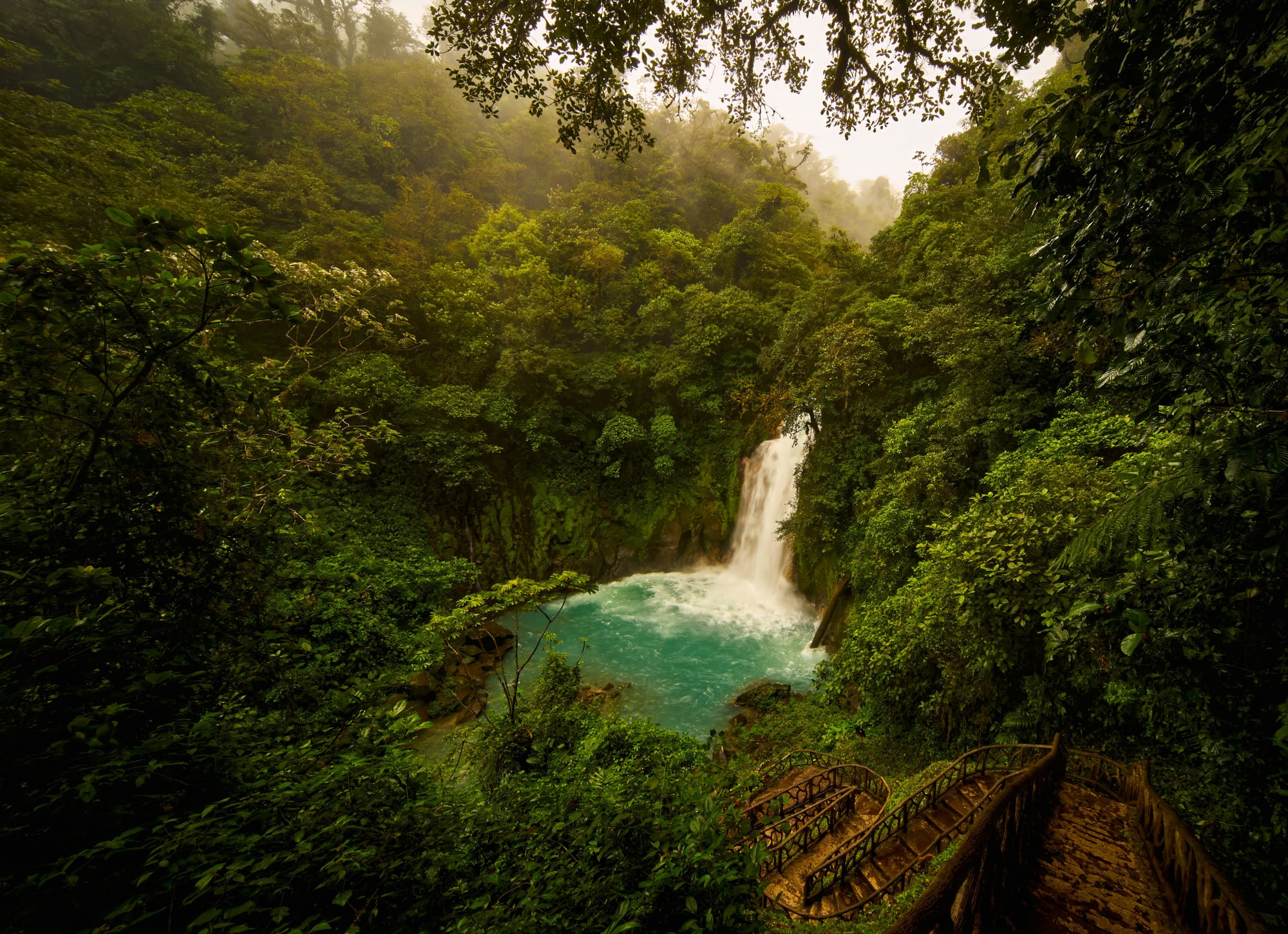America's favorite "lungs of the planet" are gasping for air, and the latest research reveals a crisis that's accelerating at breakneck speed.
The tropics lost a staggering 6.7 million hectares of primary rainforest in 2024 alone—nearly the size of Panama disappearing in just one year. That's equivalent to 18 football fields of forest vanishing every minute, almost double the rate recorded in 2023.
But here's the truly alarming part: it's not just about the trees we're losing—it's about the trees that are literally overheating.
The Temperature Tipping Point
Scientists have discovered that tropical forest leaves are approaching a critical temperature threshold where they simply stop working. When leaves reach around 116°F (46.7°C), their photosynthetic machinery breaks down entirely. Currently, only 0.01% of leaves are hitting these deadly temperatures, but that number could skyrocket to 1.4% under future warming conditions.
"When leaves reach a certain temperature, their photosynthetic machinery breaks down," explains Gregory Goldsmith, a biology professor at Chapman University. The scary reality? Leaves warm much faster than air—heat the air by just 2-3 degrees, and leaf temperatures can jump by 8 degrees.
A Perfect Storm of Destruction
The 2024 forest loss was driven largely by fires—five times more tropical primary forest burned compared to 2023. Most of these fires were deliberately started to clear land for agriculture, then spread out of control. Combined with record-breaking heat from El Niño conditions, these forests are facing unprecedented stress.
"Tropical forests are among the most diverse ecosystems on Earth, yet their ability to adapt to climate change is limited," warns Dr. Jesús Aguirre-Gutiérrez from Oxford University. His research shows that tree communities simply aren't keeping up with the pace of environmental change.
Why Americans Should Care
These forests store more than 50% of the global terrestrial carbon sink and regulate weather patterns that affect the entire planet. As renowned biologist E.O. Wilson once said:
"Destroying rainforest for economic gain is like burning a Renaissance painting to cook a meal".
The good news? Scientists believe we can still influence their fate through ambitious climate action and reduced deforestation. But the window is closing fast—and every degree matters.














Discussion